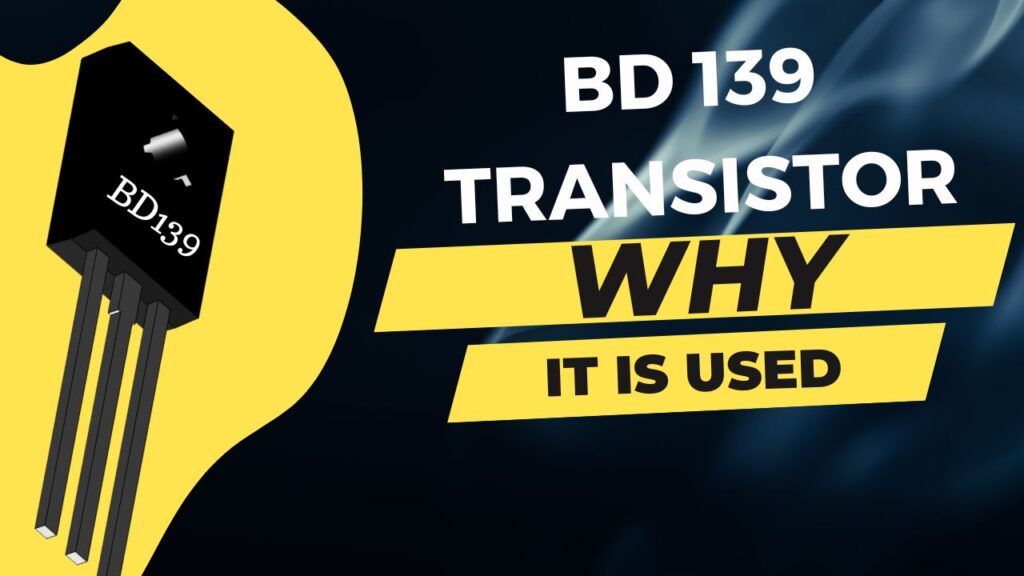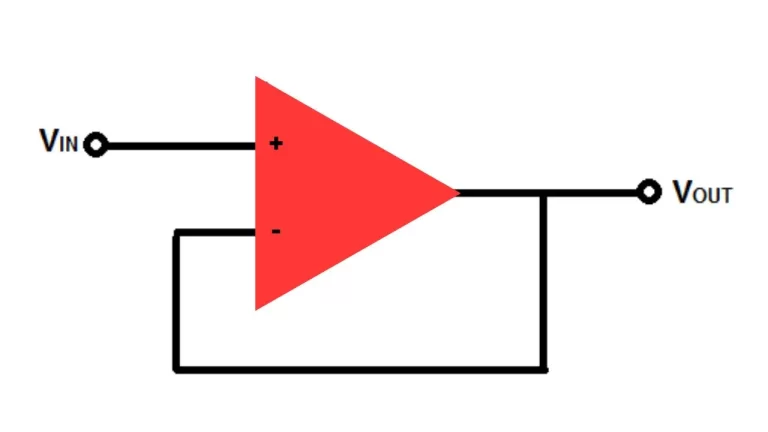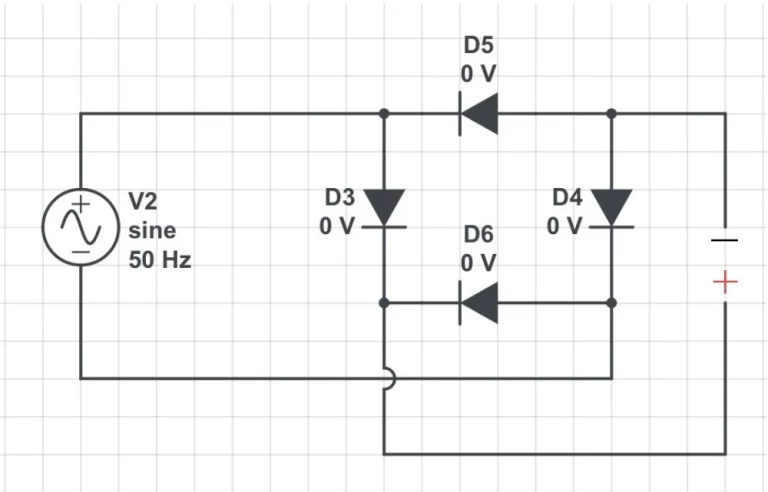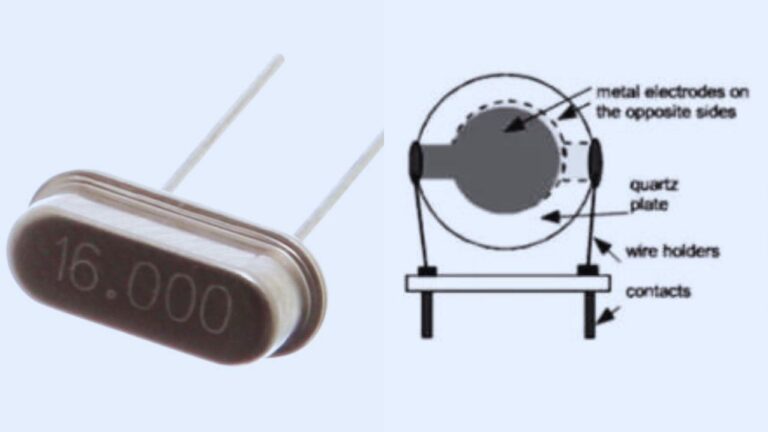
BD139 is a popular transistor known as an NPN bipolar junction transistor. It is commonly used for different purposes such as switching and amplification in low power applications. BD139 is part of a transistor family that includes BD135 and BD137.
What is BD139 Transistor?
The BD139 transistor is a widely used electronic component that falls under the category of NPN bipolar junction transistors (BJTs).
It is a versatile transistor designed for general purpose applications, particularly in the areas of amplification and switching within electronic circuits.
The BD139 transistor is manufactured by different semiconductor companies and possesses specific electrical characteristics and ratings. Let’s check the important details about the BD139 transistor.
Characteristic’s of BD139 Transistor
Transistor Type
The BD139 is an NPN transistor, which refers to its internal structure composed of three layers: a negatively doped layer situated between two positively doped layers. This configuration determines its functionality and behavior within a circuit.
Pin Configuration
The BD139 transistor is composed of three pins: the collector (C), base (B), and emitter (E). These pins serve different roles in the transistor’s operation. The collector pin is responsible for collecting the current, the base pin controls the current flow, and the emitter pin emits the current.
Electrical Ratings
- Collector Current : The BD139 transistor can typically handle a maximum continuous collector current of around 1.5 Amperes. This rating signifies the maximum amount of current that can flow through the collector terminal without causing damage.
- Collector Base Voltage: The BD139 transistor can withstand a maximum voltage of approximately 80 Volts between its collector and base pins, without forward-biasing the emitter-base junction. This rating ensures that the voltage across these pins remains within a safe range.
- Collector Emitter Voltage: The maximum voltage that can be applied between the collector and emitter pins, without forward-biasing the base-emitter junction, is typically around 80 Volts. This specification ensures that the voltage across these pins remains within safe limits.
Why BD139 is Used
The BD139 transistor is commonly used in electronic circuits for several reasons, thanks to its specific characteristics and capabilities. Let’s explore why the BD139 transistor is favored in various applications:
- Amplification process: One of the primary uses of the BD139 transistor is for amplification purposes. With its moderate DC current gain (hfe or beta) ranging from 40 to 250, it is well-suited for amplifying small electrical signals. This makes it particularly valuable in circuits like audio amplifiers or signal processing systems.
- Switching capability: The BD139 transistor is highly effective for switching applications. It has the ability to handle high currents and voltages. Its relatively high collector current rating, around 1.5 Amperes, and its capacity to withstand voltages up to approximately 80 Volts make it suitable for tasks like driving relays or controlling power supplies.
- General Purpose Versatility: The BD139 transistor is part of a family of transistors that includes BD135 and BD137. These transistors are known for their general-purpose versatility. The BD139 can be easily integrated into various circuit designs, and its compatibility with multiple applications makes it a popular choice among engineers and hobbyists alike.
- Low Power Efficiency: The BD139 transistor is frequently employed in low-power electronic circuits. Its electrical ratings, such as a power dissipation rating of around 8 Watts, make it ideal for applications where lower power levels are involved. This makes it useful in circuits like small signal amplifiers or low-power control systems.
- Availability and Affordability: Another reason for the widespread use of the BD139 transistor is its availability and affordability. It is widely produced by different manufacturers and can be easily sourced. Its popularity and reasonable cost make it accessible for various projects, from small hobbyist endeavors to larger commercial applications.
Overall, the BD139 transistor is valued for its amplification capabilities, efficient switching performance, general-purpose versatility, compatibility with low-power applications, and its widespread availability at a reasonable price point.
These factors contribute to its frequent utilization in electronic designs across a wide range of industries and applications
Applications of BD139 Transistor
The BD139 transistor is widely utilized in various electronic circuits. It finds application in audio amplifiers, power supplies, signal switching circuits, and small signal amplification circuits. it is suitable for low power applications that require a general-purpose NPN transistor.





